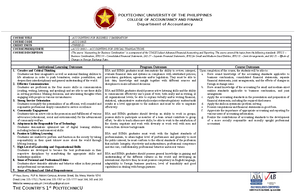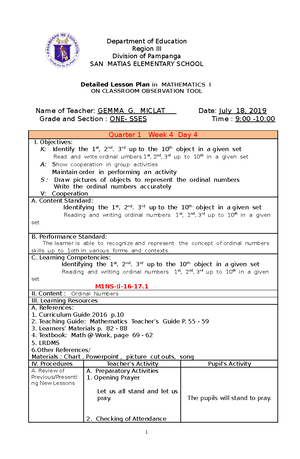- Information
- AI Chat
This is a Premium Document. Some documents on Studocu are Premium. Upgrade to Premium to unlock it.
Was this document helpful?
This is a Premium Document. Some documents on Studocu are Premium. Upgrade to Premium to unlock it.
Socialising 2 Keeping conversations going worksheets
Course: Business Administration (BSBA)
486 Documents
Students shared 486 documents in this course
University: Tarlac State University
Was this document helpful?
This is a preview
Do you want full access? Go Premium and unlock all 6 pages
Access to all documents
Get Unlimited Downloads
Improve your grades
Already Premium?

TeachingEnglish | Lesson plans
www.teachingenglish.org.uk
© BBC | British Council 2011
Worksheets - Socialising (2): Keeping conversations going
Conversation skills quotes (1)
Read these quotes carefully to make sure you understand all the words. Ask your
teacher about any words you don’t understand. Can you guess the missing word in
each quote?
1. "Many a man would rather you heard his ________ than granted his request."
(Phillip Stanhope, Earl of Chesterfield)
2. "The most basic of all human needs is the need to ________ and be
understood. The best way to understand people is to listen to them."
(Ralph Nichols)
3. "Bore, n.: A person who ________ when you wish him to listen."
(Ambrose Bierce)
4. "There is no such thing as a worthless conversation, provided you know what to
listen for. And ________ are the breath of life for a conversation."
(James Nathan Miller)
5. "You cannot truly ________ to anyone and do anything else at the same time."
(M. Scott Peck)
6. "There's a big difference between showing ________ and really taking interest."
(Michael P. Nichols, The Lost Art of Listening)
7. "The greatest compliment that was ever paid me was when one asked me what
I thought, and attended to my ________."
(Henry David Thoreau)
8. "There are people who, instead of listening to what is being said to them, are
already listening to what they are going to ________ themselves."
(Albert Guinon)
Source of most quotes: http://www.leadershipnow.com/listeningquotes.html
Now read the quotes aloud to your partner, who has a list of the eight missing words.
Your partner will suggest which word goes with which quote. Discuss the task
together until you have completed all sixteen quotes.
Here are the missing words from your partner’s quotes:
communication emotions I listen reply themselves understand why?
Why is this page out of focus?
This is a Premium document. Become Premium to read the whole document.
Why is this page out of focus?
This is a Premium document. Become Premium to read the whole document.
Students also viewed
Related documents
- 08.1 SHE notes
- FASH257 Study Guide 3 - What is lecture method of teaching? Lecture method is the oldest method of teaching.
- FASH257 Lab 7 - What is lecture method of teaching? Lecture method is the oldest method of teaching.
- Top 18 imports exports around world countries move them most 9 fnl
- Conceptual Framework for research purposes
- Problems Challenging Architectural Educationinthe Philippines-Exploring New Teaching Strategiesand Methodology




